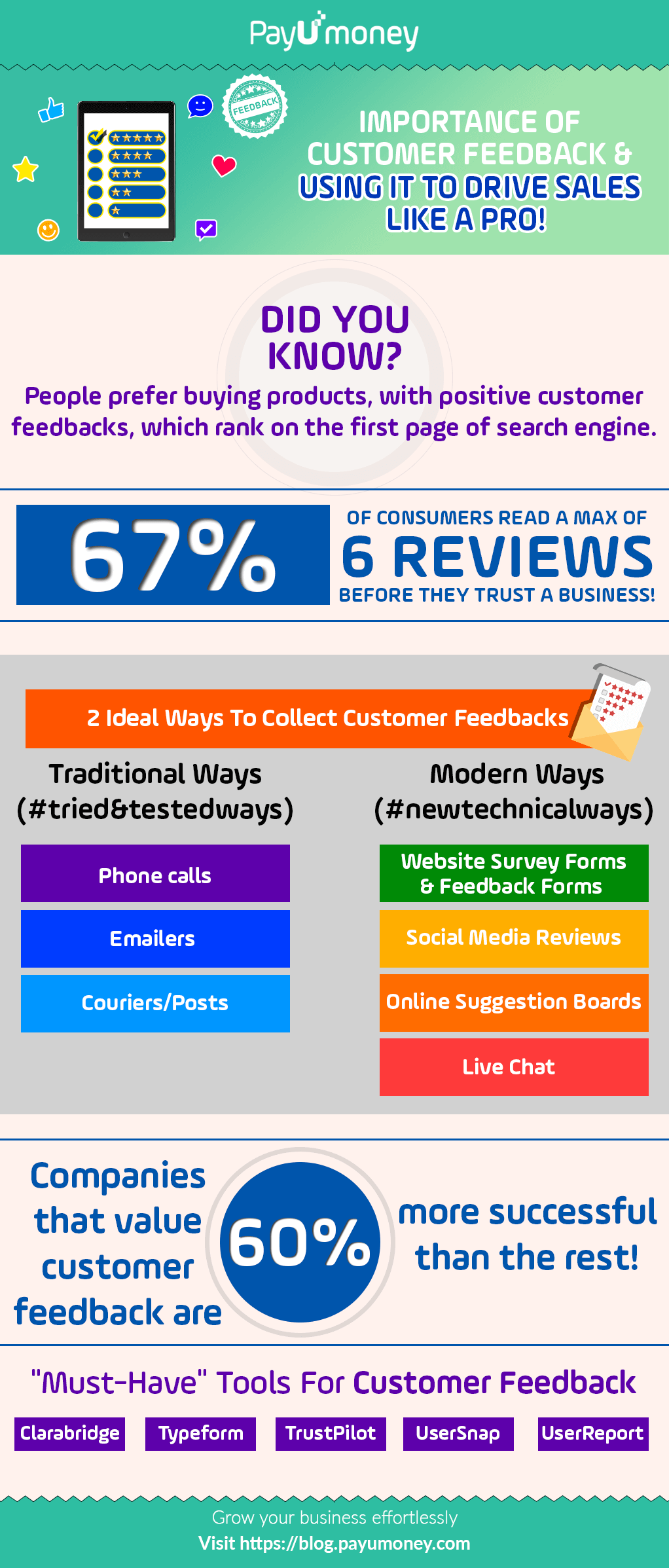Embracing Feedback: The Key to Success
In today’s fast-paced and ever-changing business landscape, feedback has become more crucial than ever before. Gone are the days when employees simply followed orders without question; now, feedback is not only welcomed but actively sought after as a means of improving performance and driving success.
Feedback is not just about receiving criticism or praise; it is about gathering valuable insights and perspectives that can help individuals and organizations grow and thrive. By embracing feedback, businesses can foster a culture of continuous improvement and innovation, leading to greater efficiency, productivity, and success.
One of the key reasons why feedback is so important in contemporary business culture is its role in promoting self-awareness and personal development. When employees receive feedback on their work, they gain valuable insights into their strengths and weaknesses, enabling them to make more informed decisions and improve their performance.
Furthermore, feedback also plays a crucial role in fostering open communication and collaboration within teams. By encouraging employees to share their thoughts and opinions openly, businesses can create a culture of trust and transparency, leading to stronger relationships and better outcomes.

Image Source: payumoney.com
Moreover, feedback is an essential tool for driving innovation and creativity within organizations. By soliciting feedback from employees, customers, and other stakeholders, businesses can gain valuable insights into market trends, customer preferences, and emerging opportunities, enabling them to stay ahead of the competition and drive growth.
In addition, feedback also plays a crucial role in driving employee engagement and motivation. When employees feel that their voices are heard and their opinions valued, they are more likely to be invested in their work and committed to achieving success. This, in turn, leads to higher levels of productivity, job satisfaction, and overall performance.
Furthermore, feedback is not just limited to individual performance; it can also be used to evaluate and improve organizational processes and strategies. By collecting feedback from employees and customers on products, services, and operations, businesses can identify areas for improvement and implement changes that drive greater efficiency and effectiveness.
Overall, embracing feedback is essential for businesses looking to succeed in today’s competitive and rapidly evolving business environment. By creating a culture that values feedback and actively seeks out diverse perspectives, organizations can drive innovation, foster collaboration, and achieve greater success. Feedback is not just a tool for improvement; it is the key to unlocking the full potential of individuals and organizations alike.
Building a Culture of Growth and Innovation
In today’s fast-paced and competitive business world, one of the key factors that can set a company apart from its competitors is its ability to foster a culture of growth and innovation. This culture is crucial for not only staying ahead of the curve but also for attracting and retaining top talent in the industry.
At the heart of building a culture of growth and innovation is the concept of feedback. Feedback plays a crucial role in shaping the way a company operates and the mindset of its employees. It is a powerful tool that can help organizations identify areas for improvement, capitalize on strengths, and drive innovation.
In a culture of growth and innovation, feedback is not just seen as a performance evaluation tool but as an opportunity for learning and development. Employees are encouraged to seek feedback from their peers, managers, and even customers to gain valuable insights that can help them grow personally and professionally. This continuous feedback loop creates a culture of open communication and transparency, where ideas are freely shared and collaboration is encouraged.
One of the key benefits of building a culture of growth and innovation is that it fosters creativity and encourages employees to think outside the box. When feedback is seen as constructive criticism rather than personal attacks, employees are more willing to take risks and explore new ideas. This mindset of experimentation and learning from failure is essential for driving innovation and staying ahead of the competition.
Moreover, a culture of growth and innovation also promotes a sense of ownership and accountability among employees. When feedback is given and received in a constructive manner, employees feel empowered to take ownership of their work and contribute to the success of the organization. This sense of ownership fosters a culture of self-motivation and drive, where employees are constantly seeking ways to improve and innovate.
In addition to fostering creativity and ownership, a culture of growth and innovation also leads to higher employee engagement and satisfaction. When employees feel that their voices are heard and their ideas are valued, they are more likely to be motivated and committed to their work. This, in turn, leads to higher productivity, better performance, and ultimately, greater success for the organization as a whole.
To build a culture of growth and innovation, organizations need to prioritize feedback and create an environment where it is encouraged and valued. This requires a shift in mindset from viewing feedback as criticism to seeing it as an opportunity for growth and improvement. By investing in feedback training, providing regular opportunities for feedback, and recognizing and rewarding employees who actively seek and incorporate feedback, companies can create a culture that fosters innovation and drives growth.
In conclusion, building a culture of growth and innovation is essential for companies looking to thrive in today’s fast-paced business environment. By embracing feedback as a tool for learning and development, organizations can foster creativity, ownership, and engagement among employees, leading to greater success and competitive advantage. Feedback is not just a means of evaluation but a powerful driver of innovation and growth in contemporary business culture.
The Importance of Feedback in Modern Business